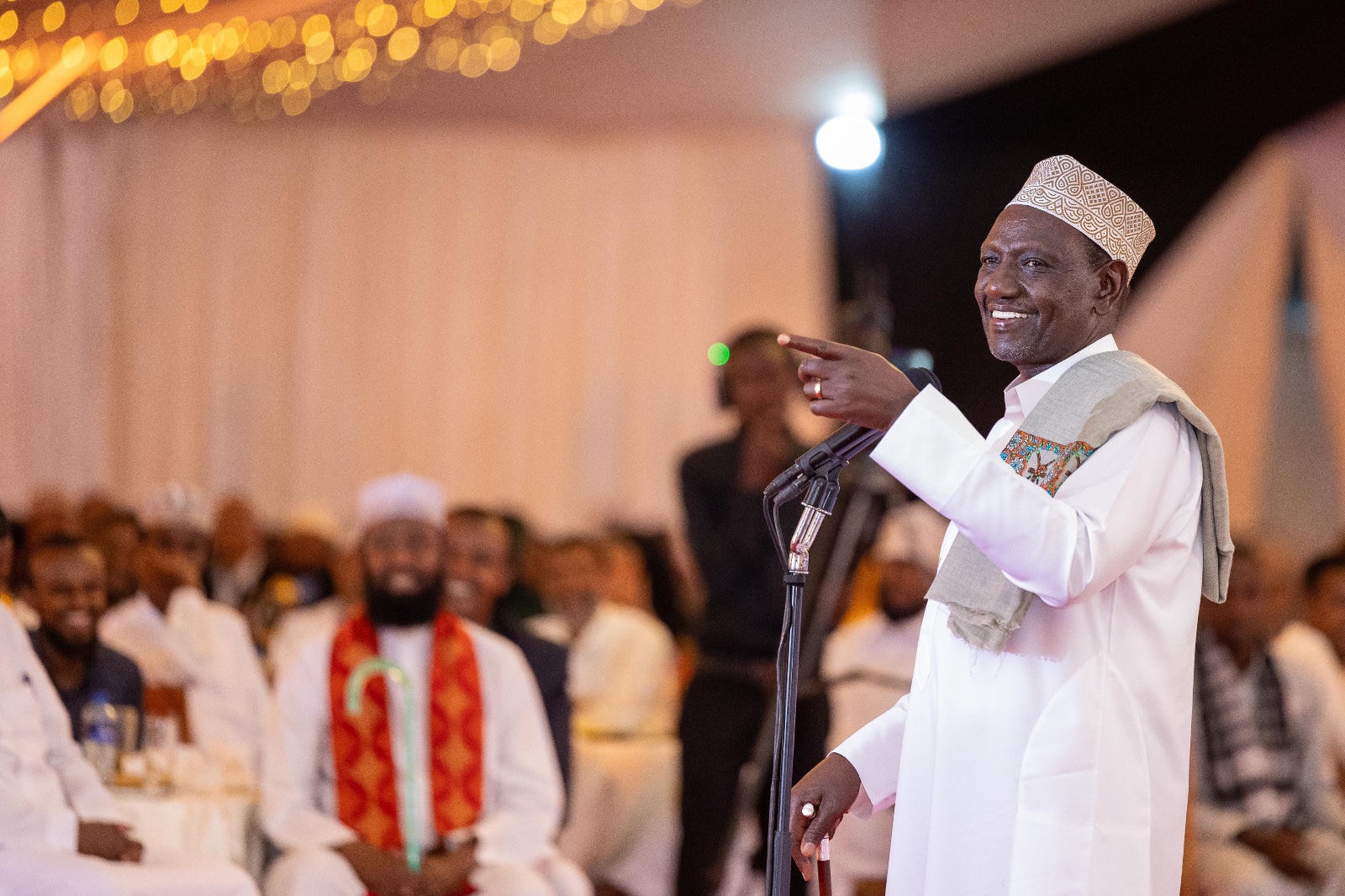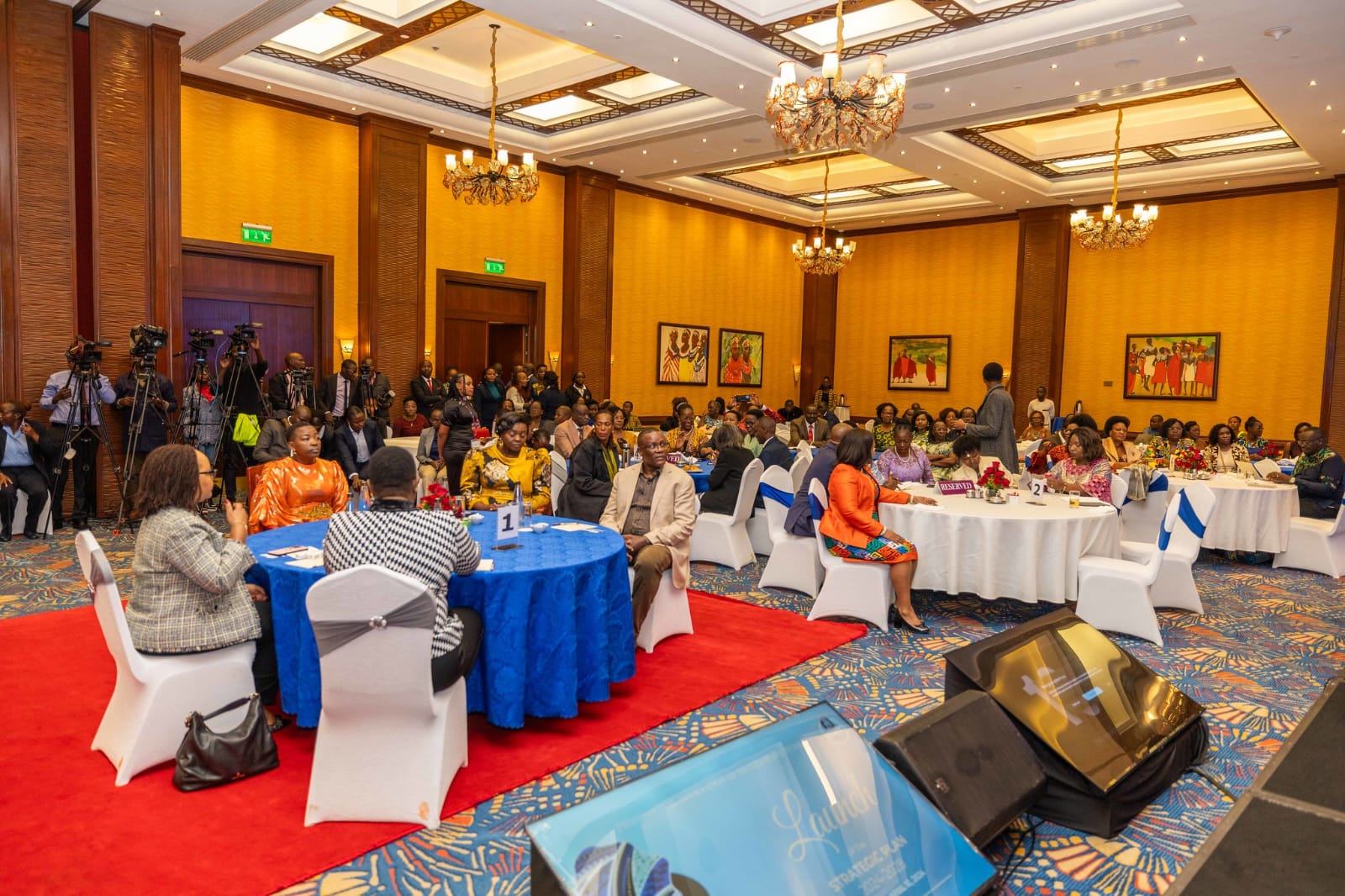My grandpa is 80+ years old now. The other day I asked him how ‘Rodi Kopany’ came to be. He told me ‘rodi’ in dholuo means crossroad. Many paths crossed at Rodi.
He told me that the first senior colonial administrator operated from Kisii from where he had to ‘oversee’ the entire south nyanza, ‘as it then was’.
That colonial administrors placed a ‘rodi’ beacon mark on the current place we call rodi because they judged it as a ‘centre point’, from where they could disperse to other hinter southern lands.
There was an Opany who lived by, who used to sell his wares on that landmark because many paths crossed there.
So, Rodi, contrary to popular myth, is not a name of a person. Whereas ‘Rodi Kopany’ sounds like someone’s name in the order of ‘Rodi wuod Opany’, there was no one called Rodi. Or to put it differently, none of Opany’s sons was named Rodi.
Saying Rodi Kopany has the same effect as saying Wath KOdhiambo. ‘Wath’ in this case does not mean Odhiambo’s son, but Odhiambo’s ‘riverfront’. In fact, sometimes, the riverfront may not even ‘belong’ to Odhiambo as a personal property…I hope you are still following.
Rodi, according to my grandpa, is dholuo word meaning ‘kuma yore radore’ or ‘romoe’, that is, a place where many paths ‘meet’ or ‘met’. A junction. And it is true. Rodi, till today, is the meeting point of ‘five paths’, which are today major ‘roads’.
The road from Kisii via Rongo to Homa Bay passes through Rodi.
The road from Sori to Kisii passes through Rodi.
This road, however, never originally passed Rodi. From Sori, it diverted northwards, at a place called Ongeng, just past Mirogi; passed through Sikwadhi, Obera, Magina, then continued straight towards Opapo but then took a right detour towards Maram….and crossed onwards to Kisii…the reason for this detour meant the road never passed through ‘Kanyada lands’ as the entire stretch upto the point it enters Gusii is Kabwoch. There were trees planted along that route to mark the road. There are bridges on that route, built in the 1920s, still intact!
My grandpa told me the colonial beacon placed at/on Rodi had the force of law, and it was a grave offense to tamper with it. My grandpa’s account is the most realistic to me, of all the stories I have heard about Rodi, of which the most far-fetched is the one that claims there was a road company at that spot, and that is what our forebearers corrupted as ‘Rodi Kopany’, because, goes the myth, they couldn’t pronounce the words ‘Road Company’.
If your grandfather is still alive, and you are a southern indigene, ask him about Rodi. How did the place get its name? The other alternative is to ask Odhiambo Levin Opiyo, to check it out at HM’s library in London!








